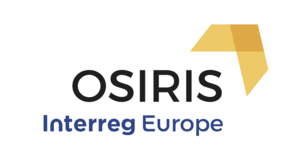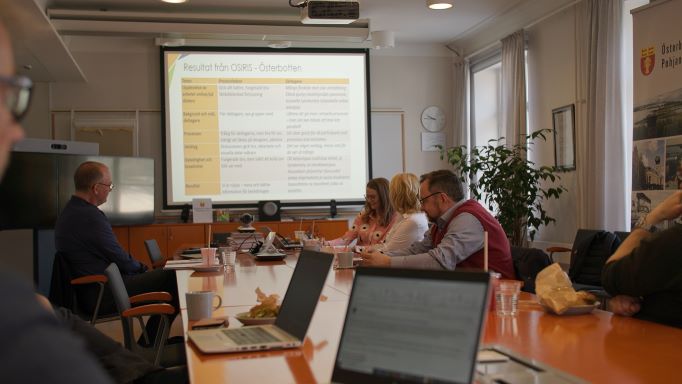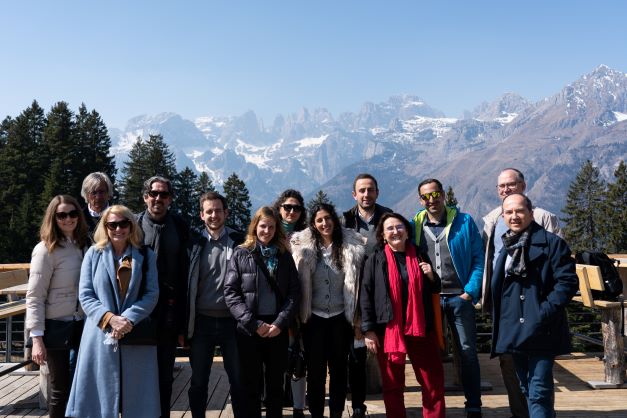What is the Computer Technology Institute and Press Diophantus?
CTI was established in 1985 in Patras, Greece and is a globally well-known ICT research institute. CTI is supervised by the Ministry of Education, Research and Religious Affairs. CTI is inspired by the frame and the aims of the EU research policy. CTI’s research activity is balanced between basic and applied research.
The objectives of CTI are: to design ICT policies, to conduct basic & applied research, to design and develop advanced ICT products & services; to develop technology and know-how transfer in the field of ICT, supporting technological innovation. Furthermore, to provide consulting, design & supporting services for the Ministry of Education and the public administration in general.
CTI has as main priority the Research and Development in Information and Communication Technologies; focusing on all the research areas of Science and Technology in ICT and especially on education and lifelong learning. The products of research and development, i.e. the ideas and the systems that are produced, are applied to the service industry as well as the traditional industry. The “Directorate of Telematics and Applications for regional development”, the sector of CTI which is implementing project OSIRIS, operates as a lever for regional development and interregional collaboration and carries out applied research for the development and support of specialised ICT applications for the public and private regional sectors in western Greece. Moreover, its main objective is the design and implementation of regional development and interregional collaboration actions under the framework of several European and National initiatives and programs. CTI is in close collaboration with all regional research institutes, universities, business associations as well as the regional authorities with the aim to exchange ideas and promote policies and initiatives that link the research results with the business world and social community. The goal is to foster Open and Social Innovation in the region of western Greece
How would you ideally see your region develop over the next few years?
The Smart Specialisation strategy of the region of western Greece is focused on the sectors: Agribusiness, ICT, Microelectronics, Tourism & Culture, Advanced materials, Energy and RES. Despite relatively strong public funding for research, the innovation performance of regional businesses is poor and productive sectors lag behind in adopting technology and more radical product/service innovation. However, the region has a number of strengths, in terms of position and infrastructure as well as existing and emerging sectors, on which it is possible to build a more competitive economy.
The sector of ICT and microelectronics is flourishing in western Greece due to the existence of Research Institutes dealing with the ICT sector, the University of Patras as well as a vast number of spin off companies and researchers related to ICT. Additionally the sector of culture and tourism is a sector that strongly contributes to the economic sustainability of the wider area. Our vision is the creation of structures that will strengthen how ICT is linked to the tourism and cultural sectors. The Region of Western Greece has a vast number of tourism destinations and landmarks of cultural heritage (Ancient Olympia, Ancient theatres, museums, cultural routes, etc) with thousands of visitors annually. The support for the linkage of innovative ICT tools and applications with the tourism and cultural sector would be one of the most crucial results which would promote Open Social Innovation in the RWG. In conclusion, one of the most important results we would like to see for the Region of Western Greece is to explore the potential of combining innovative ICT tools that will serve the needs of tourists and contribute to the wider development of the region. The promotion of such initiatives throughout policy tools will contribute to the Smart Specialisation strategy of RWG.
What are your visions for the OSIRIS project?
Within the frames of project, CTI expects to gain new knowledge and experiences of successful good practices already implemented in other partner regions, related to Open and Social Innovation. Utilising this knowledge CTI will, in collaboration with local stakeholders, be able to make recommendations and suggestions to the decision-making organisation of our territory and promote initiatives that will foster the adoption of these practices. Indeed, mature and qualitative Good Practices have been selected and will perform as great examples for possible adoption we will focus on. Additionally, the collaboration with different organisations from all around Europe will give us the opportunity to promote the strengths of our region (and the sectors included in the RIS3) in terms of Open and Social Innovation and further expand them beyond the Greek borders.











